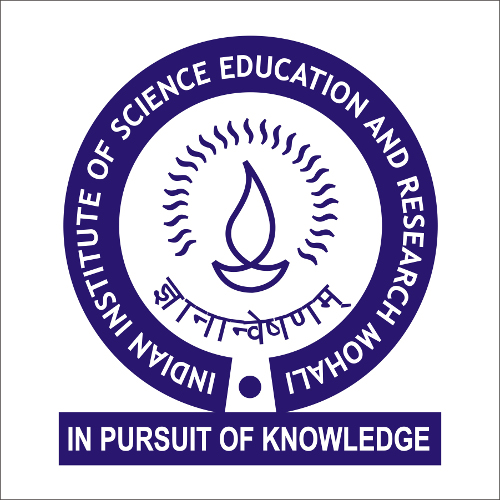Research Focus
Mitochondrial biology is a fast growing area in genetics and medicine, linking cell biological processes to metabolic disorders and cancer. The mitochondrion is not only the hub for energy generation; it is also a major site for other biosynthetic activities. Recent studies have demonstrated that mitochondria integrate diverse extra and intra cellular signals to regulate several cellular functions. We are interested in understanding the role of the mitochondrion in controlling cell biological processes like proliferation, growth and differentiation. We use the model organism, Drosophila melanogaster, for genetic dissection of retrograde signaling pathways from mitochondria to nucleus that are essential in modulating cellular responses. Our laboratory has a large collection of mutations in genes that code for mitochondrial proteins in Drosophila. Taking advantage of the advanced genetic tools available in this model system and using high-end microscopy and molecular genetic approaches we aim to unravel the mechanistic basis of mitochondrial regulation of cellular functions.
The other focus of our research involves embryonic stem cells. Embryonic stem cells, by virtue of their capacity to proliferate indefinitely and to differentiate into almost all types of somatic cells, hold the potential to be used for therapeutic purposes. Current research in this field aims to a) develop means to direct embryonic stem cells to differentiate into specific cell types that can be used for therapy and (b) to reprogram adult somatic cells to form induced pluripotent stem (IPS) cells. In this pursuit scientists are trying to understand the genetic regulations and modifications in the genome that contribute to the processes of reprogramming and differentiation. Although it is equally important to understand how these processes are affected by the cellular metabolic state, very limited studies address this issue. We aim to understand the mitochondrial control of proliferation and early lineage specification of ESCs. To achieve this goal we employ a combination of microscopic, histological, biochemical, genetic and molecular biology approaches.
|
Selected Publications
- Mandal S, Lindgren AG, Srivastava AS, Clark AT, Banerjee, U. (2011), Mitochondrial Function Controls Proliferation and Early Differentiation Potential of Embryonic Stem Cells. Stem Cells, March; 29: 486–495.
- Mandal S, Freije WA, Guptan P, Banerjee U. (2010) Metabolic control of G1-S transition: cyclin E degradation by p53-induced activation of the ubiquitin-proteasome system J Cell Biol. Feb; 188(4):473-9.
- Owsu-Ansah E, Yaveri A, Mandal S, Banerjee U (2008) Distinct mitochondrial retrograde signals activate the G1-S checkpoint Nature Genetics March; 40 (3): 356-361
- Liao TS, Call GB, Guptan P, Cespedes A, Marshall J, Yackle K, Owusu-Ansah E, Mandal S, Fang QA, Goodstein GL, Kim W, Banerjee U. (2006) An efficient genetic screen in Drosophila to identify nuclear-encoded genes with mitochondrial function Genetics. Sep; 174 (1): 525-533.
- Mandal S, Guptan P, Owusu-Ansah E, Banerjee U. (2005) Mitochondrial regulation of cell cycle progression during development as revealed by the tenured mutation in Drosophila Developmental Cell. Dec; 9(6): 843-854.
|

